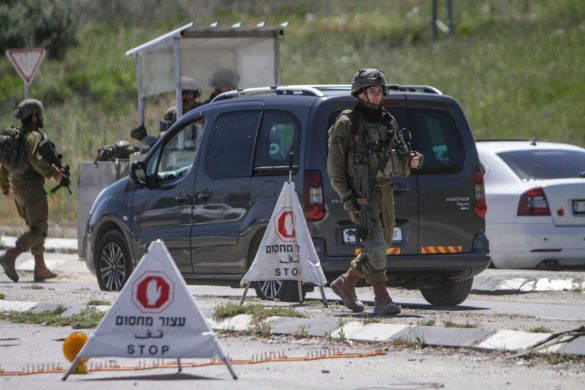Muslimer er forpligtet til at give almisser og støtte velgørende formål og det løber op i svimlende beløb hvert år – men hvor havner pengene henne? Kunne de anvendes mere effektivt og langsigtet?
DUBAI, 1 June 2012 (IRIN) – Every year, somewhere between 200 billion and 1 trillion US dollar are spent in “mandatory” alms (almisser) and voluntary charity across the Muslim world, Islamic financial analysts estimate.
At the low end of the estimate, this is 15 times more than global humanitarian aid contributions in 2011.
With aid from traditional Western donors decreasing in the wake of a global recession, and with about a quarter of the Muslim world living on less than 1,25 dollar (6-7 DKR) a day, this represents a huge pool of potential in the world of aid funding.
But Islamic finance experts, researchers and development workers say much of the money spent in `zakat’ (mandatory alms) and `sadaqa’ (charity) is mismanaged, wasted or ineffective.
“Wealth is growing in the Muslim world. So is the poverty. Where have we gone wrong?” asks Tariq Cheema, president of the World Congress of Muslim Philanthropists (WCMP).
WCMP is an organization which advises Muslim donors – including some of the thousands of millionaires living in the Gulf – on how to increase sustainability and accountability in their donations.
Islam requires Muslims to give 2,5 percent of their wealth and assets to the poor every year. Much more is given in voluntary `sadaqa’.
But that money is usually donated in small amounts at local levels to feed the poor, help orphans, or build mosques. Muslims say many of them give, almost without thinking, to fulfil a religious obligation.
“Our rituals are there, but often they lack the spirit. We just give the money and forget”, Cheema told IRIN.
Very little of the money goes towards sustainable development.
“Billions of dollars worth of giving in `zakat’ and `sadaqa’ are unfortunately ineffective by and large,” he said. “Our giving should not be driven by our desire to prove that we are good people… Our giving should be smart and effective.”
“We are here to bring that shift in the culture: the paradigm shift from conventional and generous giving to strategic giving… There is a lot of money around that needs to be channelled towards development,” noted he.
Huge potential
Læs videre på
http://www.irinnews.org/Report/95564/Analysis-A-faith-based-aid-revolution-in-the-Muslim-world














